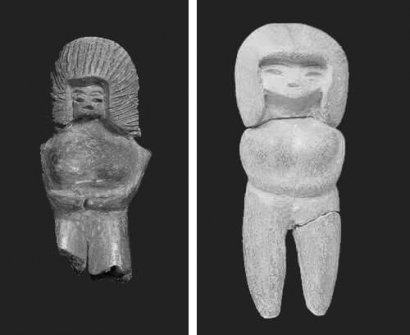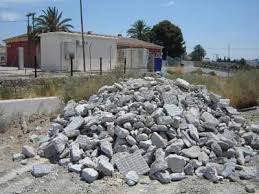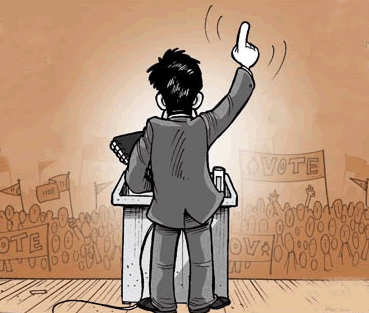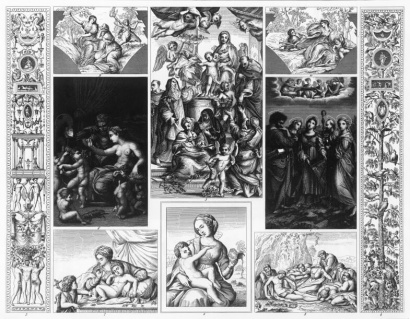Sentence that forms a reasoning and allows to draw a conclusion
In our language, a premise is designated as that part of reasoning that can be determined as true or false and that serves to reach a conclusion.
Logic is one of the disciplines that has studied the most of these elements that make up a reasoning. From the earliest times, even, this fundamental component has been studied at the behest of argumentative processes.
The openness in the knowledge of the use of premises dates back to Ancient Greece and to the works in this sense carried out by one of the most famous philosophers of this time, such as Aristotle. Precisely the logic developed by this thinker installs syllogisms, which are arguments made up of premises consisting of two-dimensional sentences (subject plus predicate) in which an affirmation or negation of the predicate appears with respect to the subject in question. From the premises presented, a conclusion that will be implicit in the premises can be deduced.
Syllogisms
 In the field of Logic, each of the propositions of the Syllogism is called a premise from which the pertinent conclusion will also be inferred. A premise is a linguistic expression that can affirm or deny some situation or question and that can be true or false.
In the field of Logic, each of the propositions of the Syllogism is called a premise from which the pertinent conclusion will also be inferred. A premise is a linguistic expression that can affirm or deny some situation or question and that can be true or false.
For both logic and philosophy the premises are propositions that always precede a conclusion and then the premises will always be the protagonists of the conclusion.
An argument can be made up of a single premise, such as: there were several shots or more than one premise. In the case of ordinary syllogisms, it is composed of a major premise, which is the contains the major term and predicate of the conclusion and by a minor premise, which will contain, then, the minor term of the reasoning that will serve as the subject of the conclusion ... an example of reasoning to determine each premise mentioned: all living beings have the ability to reproduce, it is the major premise, all beings Humans are living beings, it is the minor premise, therefore, all human beings are capable of reproducing, it will be the conclusion of it.
In the case of inductive reasoning (they go from the particular to the general), the conclusion will be reached through a generalization, starting from premises of a particular type. For example, María is a nurse and is a very good professional, Juana is also a nurse and so she is a very good professional. By induction it is concluded that all nurses will be good professionals.
There are some cases in which to reach the conclusion of a certain reasoning it will be necessary to make use of subsidiary premises, these are those that will provide more additional information to the one already proposed and contemplated by the major and minor premise. An example would be to start from the opposite of what is intended to be demonstrated, because if an absurdity is deduced from such an assumption, then we can affirm the conclusion without problems.
They may not be true or they may be
It is important that we highlight that the premises that are proposed and from which a conclusion results are true or false and then as a consequence the reasoning that comes from them may be wrong, not be true in any way even if the reasoning is well constructed.
Logic only deals with the presentation of the premises and the way in which the conclusions should be related and established, however, it tells us nothing about the truth or not.
Let us return to the example that we put in the lines above to make this question clearer: “María is a nurse and is a very good professional, Juana is also a nurse and so she is a very good professional. By induction it is concluded that all nurses will be good professionals ”. In this case precisely the reasoning is logically constructed, however, we cannot admit as true that as María is a good professional, Juana, who performs the same profession, is so as María.
Basic ideas of a reasoning
On the other hand, a premise will also be called those ideas that are taken as the basis of reasoning.
Clue that allows to deduce something
And the signal or clue through which it is possible to know or deduce something it's called a premise.









